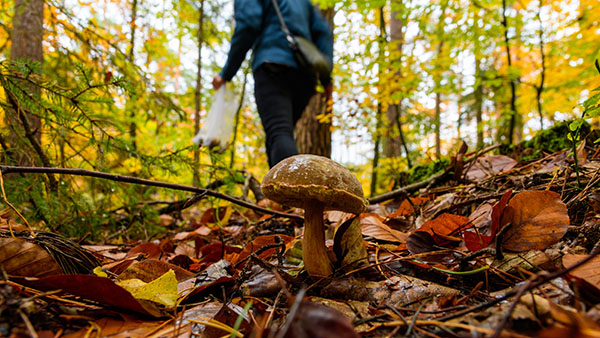
Benefits of food dehydration
Dehydrating food is as simple as it sounds. In ancient times, people spread food outside to dry in the sun. This reduces the food's moisture content to inhibit bacterial growth. As such, dehydrated foods were able to last for long periods in storage without the use of natural preservatives like salt or vinegar.
Dehydrated foods also weigh less and take up less space than their fresh counterparts. Therefore, dehydrated foods are great options for survival packs and prepper stockpiles. Homesteaders with vegetable gardens may also save extra fresh produce that would have otherwise gone to waste by dehydrating them.
Moreover, while dehydrated foods are just as good as non-perishable foods, the former is healthier because it does not contain any hidden additives. When SHTF, dehydrated foods will keep the body in shape better than processed, shelf-stable foods.
Methods of dehydration
Here are the most common methods of dehydrating food used by preppers and homesteaders alike:
- Air drying – The oldest and most natural way to dehydrate food is to hang it outside under the heat of the sun. This method is most suited for people living in hot or tropical areas.
- Oven drying – Certain ovens can be dialed down to temperatures low enough for dehydrating but not burning food. Note that this typically takes hours, rendering the oven unavailable.
- Freeze-drying – This method involves freezing food over a few weeks. The food would freeze as usual at first then become dry. If it does not change color as it thaws, then it was successfully freeze-dried.
- Electric dehydrating – An electric food dehydrator is built to dehydrate food efficiently. It is usually equipped with built-in trays to maximize the long drying hours.
Best foods for dehydration
It's possible to dehydrate almost any kind of food so long as it is fresh. That being said, certain foods dehydrate better than others. Here are the best foods to dehydrate:
Fruits
The best fruits to dehydrate are those that do not have bruises. Avoid overripe fruits since those may turn black in the process. The peel can also be kept only if the fruit has been rinsed properly. If necessary, remove the core or pit of the fruit, then slice it into thin, even pieces.
Apples, bananas and peaches may take six to 16 hours to dehydrate. Grapes, figs, and apricots may take 20–36 hours. Other good fruits to dehydrate include berries, mangoes and melons.
Vegetables
Vegetables dry and spoil faster than fruits. For optimum dehydration, remove any tough pieces of skin or stem off the vegetables prior to drying. Slice them into even pieces and blanch to prevent flavor loss as they dry. The best vegetables to dehydrate include potatoes, beans, peas, pumpkin, mushrooms and broccoli. (Related: Quick and easy storage: Here's how to turn your vegetables into chips.)
Meat and fish
Meat and fish spoil quickly because of the fat. Prior to drying, remove all of the fatty bits from the meat or fish, then cut it into cubes. For jerkies, the meat has to be marinated for six to 12 hours before dehydrating. Keep in mind that meat and fish are the only animal products that can be dried and still retain their nutrients.
Tips for dehydrating food
Successfully making dehydrated meals for storage, campouts or disaster preparation hinges on getting several factors right, such as temperature, timing and food preparation.
Follow these tips to make successful batches of dehydrated food:
- Use the right temperature – Electric dehydrators use very low temperatures so that foods dehydrate and not burn. If using a standard oven, check for the lowest temperature it can go down to.
- Do not rush the process – Dehydration usually takes several hours. Do not take out foods before they are done dehydrating completely.
- Wash and prep the food – Fresh produce needs to be washed and rinsed well. Some vegetables need to be blanched to preserve their nutrients as well. Peels, leaves and cores might also need to be removed in some cases to avoid spoilage.
- Plan meals – Different foods take different amounts of time to dehydrate and at different temperatures. Meal plans ensure that foods with a similar dehydrating time and temperature are dried together.
- Preheat the oven or dehydrator – Preheating the oven or the dehydrator will allow the process to be more efficient.
Read more articles about dehydration and other methods of food preservation at FoodStorage.news.
Sources include:
Please contact us for more information.























